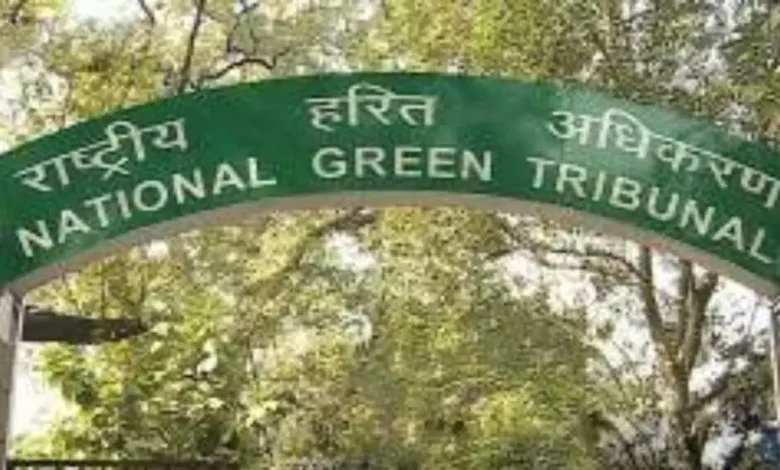NGT seeks action report on groundwater pollution in Puri

Cuttack: The National Green Tribunal (NGT) has directed the Puri Municipality to file an affidavit on the steps taken to comply with the recommendations of the Central Ground Water Board (CGWB) in view of the pollution of groundwater due to waste dumped in the Baliapanda area of Puri. Have given instructions. city within four weeks.
The East Zone bench of the NGT was hearing a petition on garbage dumped at the site located within 100 meters of the beach for more than three decades. Puri Municipality had filed an affidavit but the tribunal found that the recommendations of the CGWB had not been taken into consideration.
Accordingly, a bench of Justices B Amit Sthalekar and Dr Arun Kumar Verma (expert member) said on Monday, “Therefore, we direct the Puri Municipality to file a fresh affidavit within four weeks showing compliance with the recommendations of the Central Ground Water Board.” Give instructions.” And it is also being shown what action has been taken by the Tehsildar of Puri for the rehabilitation of the people living near the dump site, whose lives may be seriously endangered by the seepage of contaminants into the ground water.”
Chinmay Das, a resident of Puri, had filed the petition alleging that garbage was being burnt, which was completely polluting the areas around Balisahi, Gaurabat Sahi and Swargadwar. Advocate Afraz Suhail appeared for the petitioner. The bench fixed May 10 as the next date for further consideration of the matter.
The CGWB report had found that groundwater in the area had been contaminated due to seepage of contaminants from the dump site. The CGWB had recommended isolating the dumping site from the aquifer by constructing impermeable layers under and around it to prevent pollution of groundwater.
Puri Municipality had said in the affidavit that 3,000 houses are located around the dumping yard in question. The landlords had encroached upon the government land. When the colonies were surveyed in 2021 under the Odisha Slum Dwellers Land Rights Act, 2017, a total of 1,619 households were identified. After this the number of houses has increased in the last three years.





